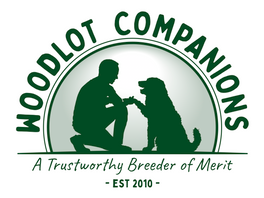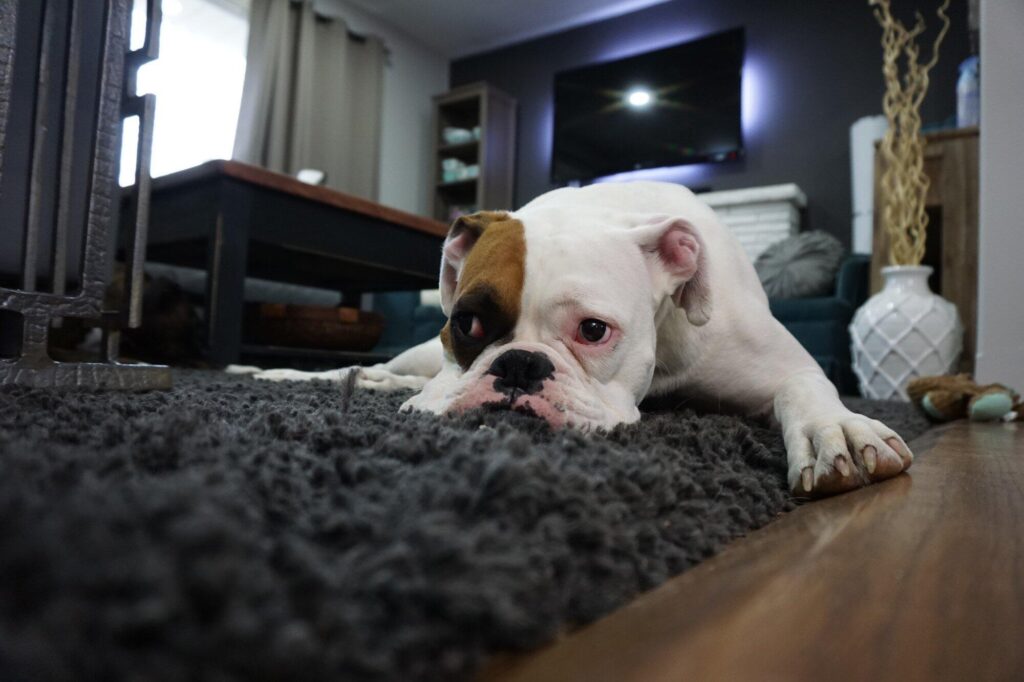It’s estimated that nearly 122.8 million Americans rent from apartments. Sadly, for apartment renters, there are often numerous hurdles required to get a pet dog.
First, you need to find an apartment that allows you to have pets. On top of that, you also need to pet-proof your space and select a breed that’s right for apartment living.
This last part is especially important because some dog breeds simply won’t be happy in an apartment setting. So what are the best indoor dogs for your apartment? And how can you help ensure that they’re happy?
In this guide, we’ll be going over the answers to these questions to ensure that your new dog is the right fit for your living circumstances.
Factors to Consider When Choosing the Best Indoor Dogs
If you live in an apartment, the last thing you want to do is visit an adoption agency or a breeder and pick the first dog you connect with. Why? Because many breeds of dogs don’t adapt well to living in an apartment.
They might get depressed, aggressive, or loud when left alone. When looking for indoor dog breeds, there are three factors you need to consider: size, sociability, and energy levels. In this section, we’ll explore these in more detail.
1. Size
The most ideal dogs for apartments are small breeds who stay that way not only as puppies but also as adults. These smaller breeds have a lot more running space in the confined spaces that apartments often offer.
They also tend to require less exercise than some of the larger breeds. However, it’s important to note that just because a dog is larger doesn’t mean it won’t fit into your apartment. For example, take the Greyhound.
At first glance, you might think that these large race dogs would be a disaster in apartments. However, when they’re not sprinting (which they only do for ten to twenty minutes per day), they’re resting.
As such, just because a breed is large doesn’t automatically exclude it. That being said, as a general rule of thumb, most smaller breeds tend to be good apartment dogs.
2. Sociability
Ideally, you want a dog that’s quite social if you’re living in an apartment. This is especially important if you have other people or animals living in the apartment. If you have a spouse, kids, or roommates, you want to ensure that your dog gets along with them.
If you have another dog in the house, you need to make sure that your new dog gets along with them. Otherwise, they could be fighting between the two of them in an enclosed space like an apartment.
Even if you live alone, it’s still a good idea to get a social dog. It will make dealing with neighbors and people on the street a lot easier.
3. Energy Levels
Some breeds of dogs naturally have lower energy levels and calmer personalities. These dogs are great for apartment life. For one thing, they make less noise since they aren’t barking at everything due to high energy levels.
On top of that, you can walk them with less than moderate or high-energy pups. This is ideal for rainy or snowy days when you don’t feel like taking your dog on a long walk around the apartment complex.
Best Indoor Dog Breeds for Apartment Living
In our opinion, one of the best apartment-friendly breeds we offer here at Woodlot Companions is miniature poodle puppies. The first benefit of this breed is their size.
As the name suggests, they’re quite small dogs, which gives them plenty of space to roam around the apartment. They’re family-friendly and playful with other dogs in their pack.
What’s more, they also shed very little of their fur. That means less clean-up and better conditions for allergic individuals. The one caveat is that they do have a lot of energy for a little dog.
So you will need to exercise them daily to make sure they behave. Next up is the mini-bernedoodle. We like these miniature dogs for apartments mainly because they’re so trainable. As such, they can quickly adjust to living in apartments as long as they get some moderate exercise.
Pomskies are also the same way. They’re extremely trainable from a young age, plus they’re great with families. The only downside is they can be more on the loud side.
How to Help Your Dog Adjust to Apartment Living
One of the first things you can do to help your dog adjust to apartment living is find a nearby dog park or similar area near you. Ideally, your apartment might even provide one onsite. This is vital because all dogs need some degree of exercise.
Establishing a close area and an exercise routine will help you create a good schedule for them. Next, you should invest in a lot of stimulating toys. Specifically, look for toys that provide mental or sensory exercise. This can keep your dog distracted and busy while you’re not home.
Lastly, you want to make sure that you train your dog as soon as you get it. Why? For starters, you want it to be potty trained so that they don’t go to the bathroom on your carpet or furniture.
Doing so can jeopardize your security deposit. However, it’s also quite likely that you will encounter other dogs and apartment residents. As such, if your dog is vocal or still bites, it can make other people uncomfortable. The good news is that training puppies to stop biting is fairly straightforward.
Ready to Find Your New Best Friend? Visit Woodlot Companions
We hope this guide helped you learn more about the best indoor dogs for your apartment. Here at Woodlot Companions, we breed a variety of dogs that are perfect for any apartment situation (as long as they get their required exercise).
In addition to producing some of the cutest pups on the market, we also believe in ethical breeding practices.
That means our breeds are some of the healthiest and happiest on the market. Need help selecting the perfect breed? Get in touch with us today and we’ll find the right companion for your situation.



